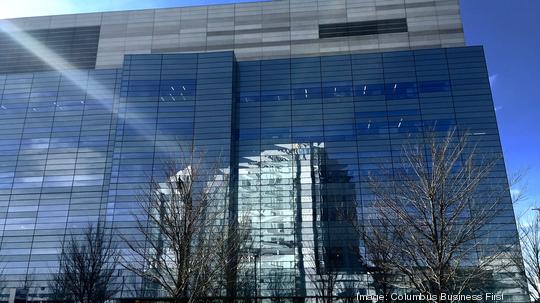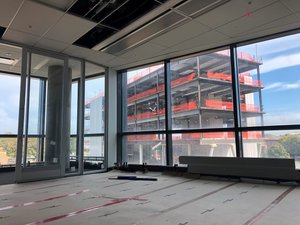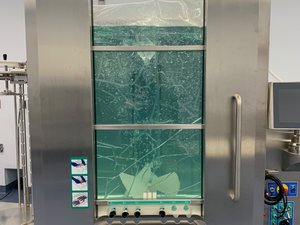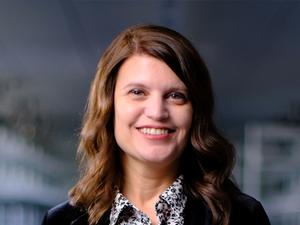
Nationwide Children's Hospital had income of $28.5 million from licensing its technology in 2022, bringing the total to nearly $205 million over the past eight years.
Because of some one-time events in 2021, the total revenue from royalties, equity stakes and other payments in licensing deals was down from the prior year's record $69.9 million.
But the Columbus hospital's 2022 total is still more than the combined earnings of 10 other Ohio institutions reporting to the 2021 tech licensing survey by national trade group AUTM. (The 2022 report comes out in late fall.)
More encouraging is the number of new inventions entering the commercialization process from a broader set of hospital departments, said Matt McFarland, vice president of commercialization and industry relations.
One in four inventors who brought forth tech in 2022 had never before engaged with the commercialization office, especially clinicians and staff outside the hospital's Wexner Research Institute.
"That is representative of the pipeline we're growing," McFarland said. "We're starting a growth phase. We're actively engaging innovators within the institution."
The more than 70 new invention disclosures stayed even with 2021, demonstrating a new stability after declining because of the 2020 spinoff of Andelyn Biosciences Inc. The biotech manufacturer for the materials used in cell and gene therapies had been responsible for "a good chunk" of hospital patents, such as for proprietary cell lines.
Gene therapy always remains a main focus, he said, but for the first time that group was not responsible for the most disclosures: 19% were for cell or gene therapies, 24% in childhood cancers and 26% were medical technology or devices.
"We're internally seeing some of the fruits of our labor," McFarland said. "In 2012, we were three people (in commercialization). Now we're 18 people; we have a lot more bench strength.
"We needed to optimize the opportunity for interactions."
When McFarland started in 2012, Children's had seven active licensing deals. Now it has 87.
It's impossible to predict acquisitions and other wins, McFarland said, but a commercialization office's job is to boost their chances by forming meaningful partnerships with outside companies that can license or acquire technology, and by supporting the inventors to make ideas market-ready.
The acquisition of AI software spinoff Deep Lens Inc. last spring was among several one-time events contributing to 2022. The acquisition price and hospital's equity stake were not disclosed.
One of the largest ongoing contributors remains Zolgensma, a Children's-invented gene therapy for a fatal neuromuscular condition. One of the first gene therapies ever approved, it's licensed to Swiss pharmaceutical giant Novartis.
Approved in 47 countries, Zolgensma had $1.37 billion in 2022 sales, about the same as 2021, according to Novartis' annual report. The amount of royalties to the hospital is undisclosed.
More licensees have treatments in clinical trials now, advancing in the process to seek final approval. Sarepta Therapeutics has applied for FDA approval of a Children's-invented gene therapy for a form of muscular dystrophy. The company projects about $4 billion in sales if approved – a decision is expected by the end of May.
Hospital spinout Clarametyx Biosciences just started the first round of trials for its technology attacking treatment-resistant bacterial infections.
As part of its $3.3 billion strategic plan that includes a future fifth research building and doubling the main hospital tower, Children's is recruiting 50 new faculty – supported in part by commercialization income.
Besides recruiting and research, the income from licensing goes toward nurturing innovations: securing intellectual property, helping navigate regulatory processes, developing prototypes, setting up companies and directly investing in the spinoffs through funds managed by Rev1 Ventures in Columbus.
Adding to Children's bottom line also helps support important clinical areas that are not lucrative, such as the hospital's major investment in child and teen behavioral health.
"That’s part of the story of commercialization that I really like," McFarland said. "Not only do we get the opportunity to translate these really important therapies … and see them made available to patients who need them, (we) also support impactful missions."







